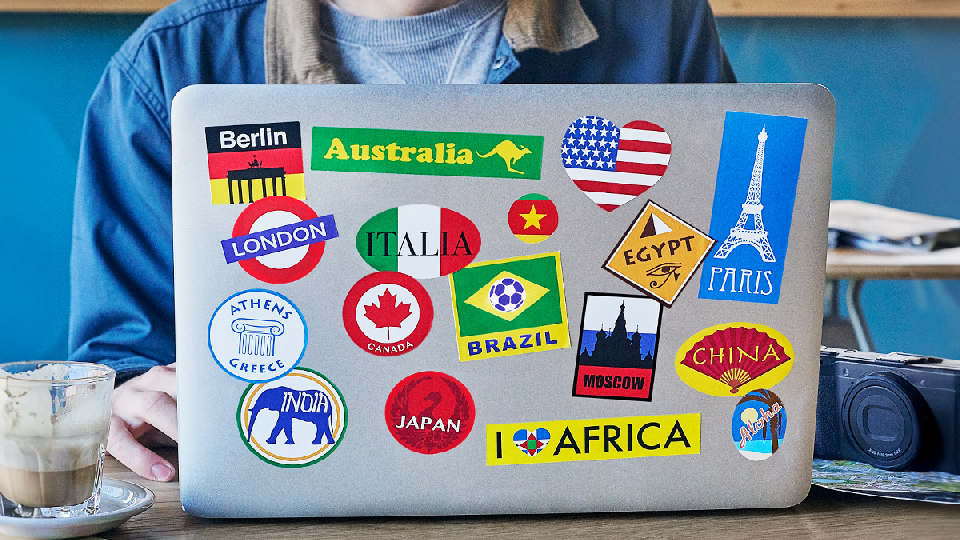
A deputy director of the Thai consular affairs department has now responded to the Bangkok Post readers’ questions about the latest immigration news. Naruchai Ninnad commented principally on the new Destination Thailand Visa (DTV) and doubling of the extension of visa-exempt entries to 60 days. Basically, the detailed implementation – where it is ambiguous – is left to the discretion of the immigration officer at points of entry by air, land and sea.
Mr Naruchai said that digital nomads or remote workers could apply for the DTV as long as their pay check originated outside Thailand and neither their employer nor customers were located here. They should keep their contract(s) up-to-date or be ready to show their portfolio of recent work all deriving from outside the country. The five-year,multiple-entry visa allows for 360 days stay in Thailand in a year (180 days on entry plus 180 days extension at local immigration) but requires the holder to leave the country to repeat the process on return. Immigration officers are empowered to examine the documentation, if they wish, on entry and at extension stage.
According to the vodcast, there is more ambiguity about the alternative DTV route for “approved activities” which include Muay Thai or other sports training, cooking classes, medical treatment or attendance at seminars or music festivals. Mr Naruchai said that evidence might include a course receipt or an event ticket, but an extension at local immigration could require another written confirmation, presumably more up to date. He stated that the DTV was not an alternative to the one-year retirement visa and extension of stay, although it might be OK if the applicant fell into another category. The deputy director-general discounted criticisms by Elite visa holders, claiming there are different benefits and privileges between the two.
In a separate innovation, most tourists now receive 60 days on entry and can extend at local immigration for a further month. Mr Naruchai said there is no specified number of repeat entries in a year and it is not mandatory to present a return or onward ticket or accommodation specifics, provided they can show (if asked) access to at least 20,000 baht or about US$ 560. He cautioned that such evidence might be required if the immigration officer was “suspicious” for some reason. In other words, the detail is at the immigration officer’s discretion. Mr Naruchai added that if the 60 days visa exempt person wished to do “urgent” work for up to 15 days, they must request permission at an immigration or labour office.
Amongst other changes, it was clarified that the DTV visa requires 500,000 baht (about US$14,000,) but not necessarily in cash or in a Thai bank account. Alternatives could include a foreign bank account or even a brokerage statement about stocks and shares. The DTV is separately available for foreigners with a spouse or children in Thailand, an alternative to the non-immigrant “O” visa currently used for such foreigners. Mr Naruchai denied that any of the changes introduced last month are helping foreign criminals to ruin Thailand, saying that the same data base of blacklisted persons is now checked on entry rather than at the visa application stage.
In summary, the deputy director-general confirmed that the latest changes, all introduced in mid July, were designed to open a new page in Thai immigration history. Ambiguities remain of course. Is it necessary to have all entry documents in English or Thai? What could trigger a “suspicion” by an immigration officer considering whether to stamp a passport? Will Elite visa holders and one year extension of stay retirees find ways of fitting in to the new world and getting rid of their current visas? Are the newly liberated tourists and DTV visa holders clear that if they stay longer than 180 days in a calendar year, they may fall into the clutches of the Thai revenue authority if they have overseas, assessable income? Will immigration bureau corruption receive a new lease of life? As the ancient Roman poet Juvenal wrote, “Quis custodiet custodes?” Who is watching the watchers?








